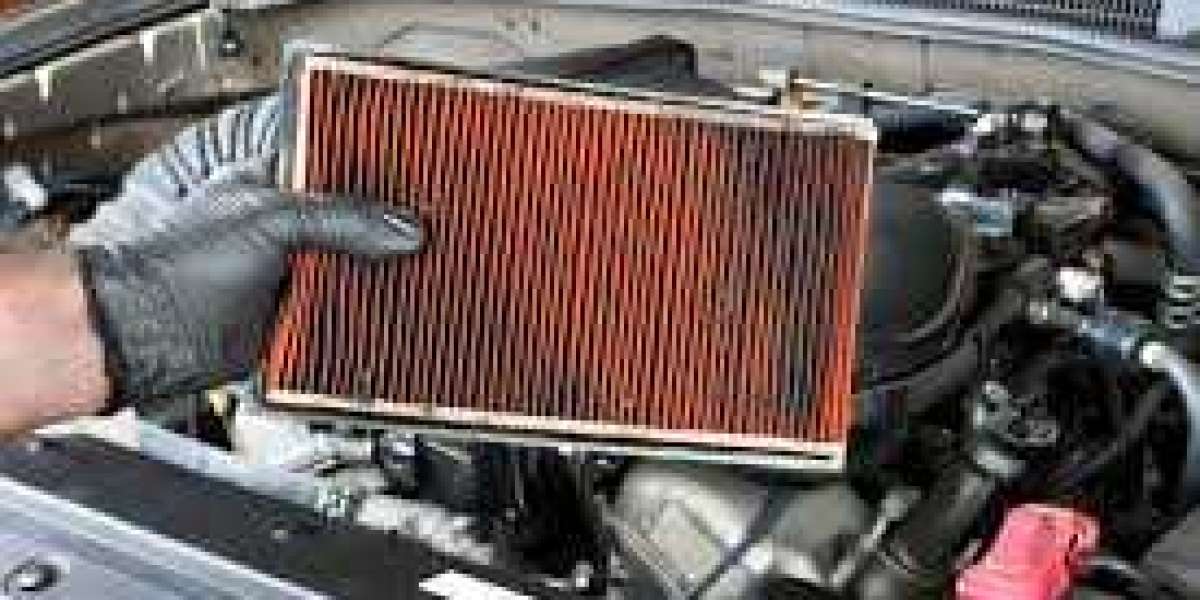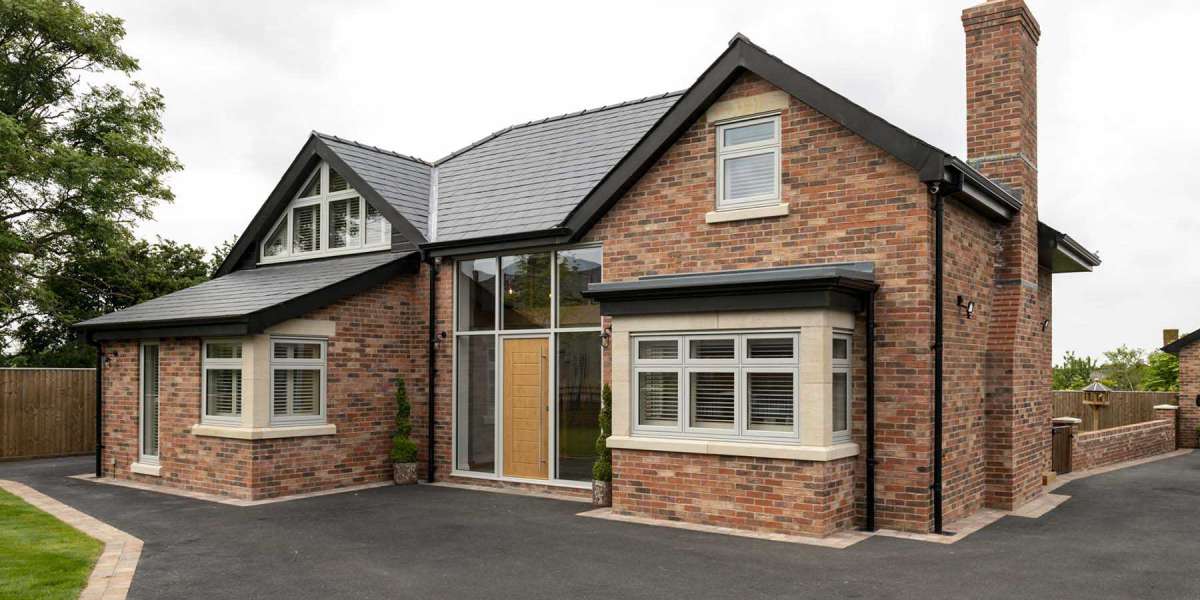If you’ve noticed your car running rough, using more fuel, or even struggling to accelerate, you might not expect a small part like the air filter to be the cause. However, failing to replace a dirty or clogged air filter can quietly affect your engine’s performance in big ways.
In this blog, we'll explain why air filters are so important, how they impact your car’s performance when neglected, and how simple maintenance can save you from costly repairs down the track.
What Does an Air Filter Do in a Car?
An air filter's job is simple but critical. It traps dust, dirt, and other particles from the air before they enter your engine. Clean air is essential for the engine to work properly because combustion (the process that powers your car) needs a mix of fuel and air.
Without an effective air filter, contaminants could get inside the engine, causing wear, damage, and efficiency problems. With a dirty air filter, airflow becomes restricted, making it harder for the engine to "breathe" and function smoothly.
Now that you understand its role, let’s dive into what happens when the air filter is ignored for too long.
How a Dirty Air Filter Affects Engine Performance
Reduced Fuel Efficiency
When the air filter is clogged, the engine gets less air. To compensate, it burns more fuel to maintain power levels. This means neglecting air filter maintenance could lead you to spend more money at the petrol station over time.Poor Acceleration and Power Loss
An engine needs the right amount of air to perform. Restricted airflow means the engine has to work harder, which can cause sluggish acceleration. You might notice your car hesitating when you press the accelerator, especially when trying to overtake or climb hills.Engine Misfires and Rough Idling
When the air-fuel mixture becomes unbalanced due to restricted airflow, it can cause incomplete combustion. This may lead to engine misfires, rough idling, or a noticeable vibration when the car is stationary. Over time, this can damage spark plugs or other components.Higher Emissions
A dirty air filter affects the air-fuel mixture, making the engine run "rich" (too much fuel compared to air). Rich mixtures result in higher emissions, which could cause your car to fail a roadworthy inspection if emissions are outside acceptable limits.Increased Engine Wear
Without a clean air filter, dust and debris can enter the engine and cause wear on parts like pistons and cylinders. This may lead to costly repairs or a complete engine rebuild in severe cases.
How Often Should You Replace Your Car’s Air Filter?
In Australia, it’s generally recommended to replace your air filter every 15,000 to 30,000 kilometres. However, if you drive frequently in dusty rural areas or high-traffic urban zones like Brisbane or Sydney, you might need to replace it more often.
Always check your car’s owner’s manual or ask your mechanic during routine logbook servicing.
Signs you might need a new air filter include:
Reduced fuel economy
Slower acceleration
Black smoke from the exhaust
Engine warning lights
Visible dirt on the filter
The Cost of Ignoring Air Filter Replacement
Failing to replace your air filter can cost you more down the line. Here's a rough idea of what problems could arise and what they might cost you in Australia:
| Problem Caused by Dirty Air Filter | Potential Cost to Fix |
|---|---|
| Reduced fuel economy | Extra $150–$400 annually in fuel |
| Damaged spark plugs | $100–$250 |
| Oxygen sensor replacement | $200–$450 |
| Major engine repairs | $2,000–$5,000+ |
Considering an air filter replacement typically costs between $25–$80, it’s a small investment for long-term savings.
DIY Air Filter Inspection and Replacement
You don’t always need a mechanic to check or change your air filter. Here’s how to do it yourself:
Locate the Air Filter Housing
Usually a black plastic box near the engine. Refer to your owner’s manual.Open the Housing
Undo clips or screws to access the filter.Inspect the Filter
Hold it up to the light. If you can't see light through most of the surface, it's time to replace it.Replace the Filter
Insert a new filter in the same orientation and re-seal the housing.
The process takes under 10 minutes and may require only a screwdriver.
Common Myths About Air Filters
Myth: You only need to replace the air filter if you drive off-road.
Fact: Urban pollution, road dust, and even bugs can clog filters during city driving.Myth: High-performance filters are always necessary.
Fact: For most drivers, a standard-quality air filter recommended by the manufacturer is sufficient.Myth: Cleaning is better than replacing.
Fact: Some filters are washable and reusable, but most standard ones should be replaced entirely.
Conclusion
Failing to replace your car’s air filter might seem harmless at first, but over time it can lead to poor performance, higher fuel costs, and serious engine damage. The good news is, it’s one of the easiest and cheapest maintenance tasks—whether you do it yourself or ask a professional.
Next time you're getting your car serviced or checking it yourself, take a moment to inspect your air filter. That small task could save you hundreds (or even thousands) down the road—while keeping your car running at its best.
Emily Logue — Car Recycling Auto Industry Expert
Passionate about sustainable car disposal and industry trends at Cash for Unwanted Cars Brisbane.
Address: 4 Duntroon St, Brendale QLD 4500, Australia
Phone: 0405553001








